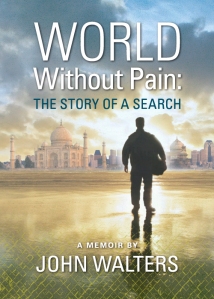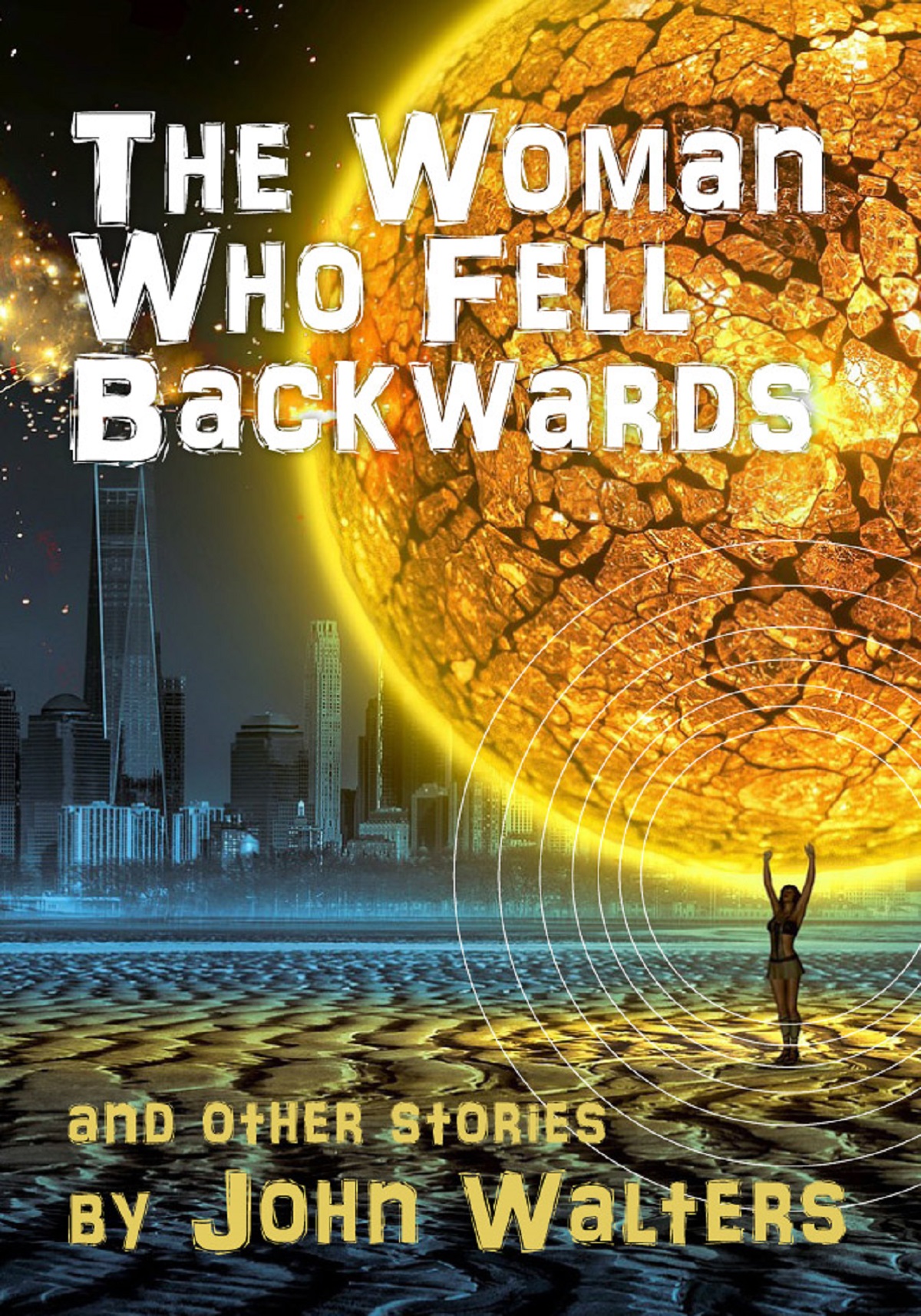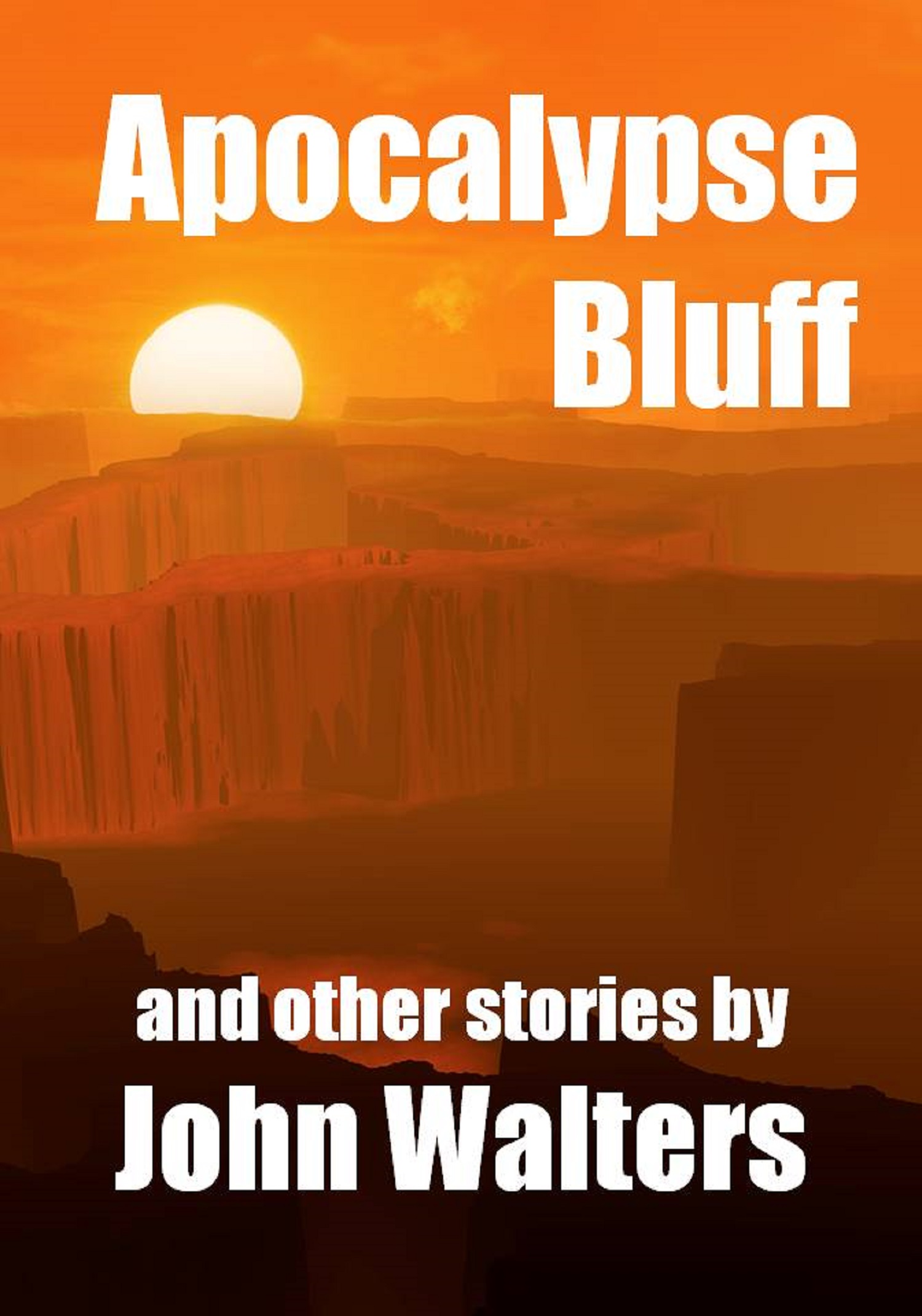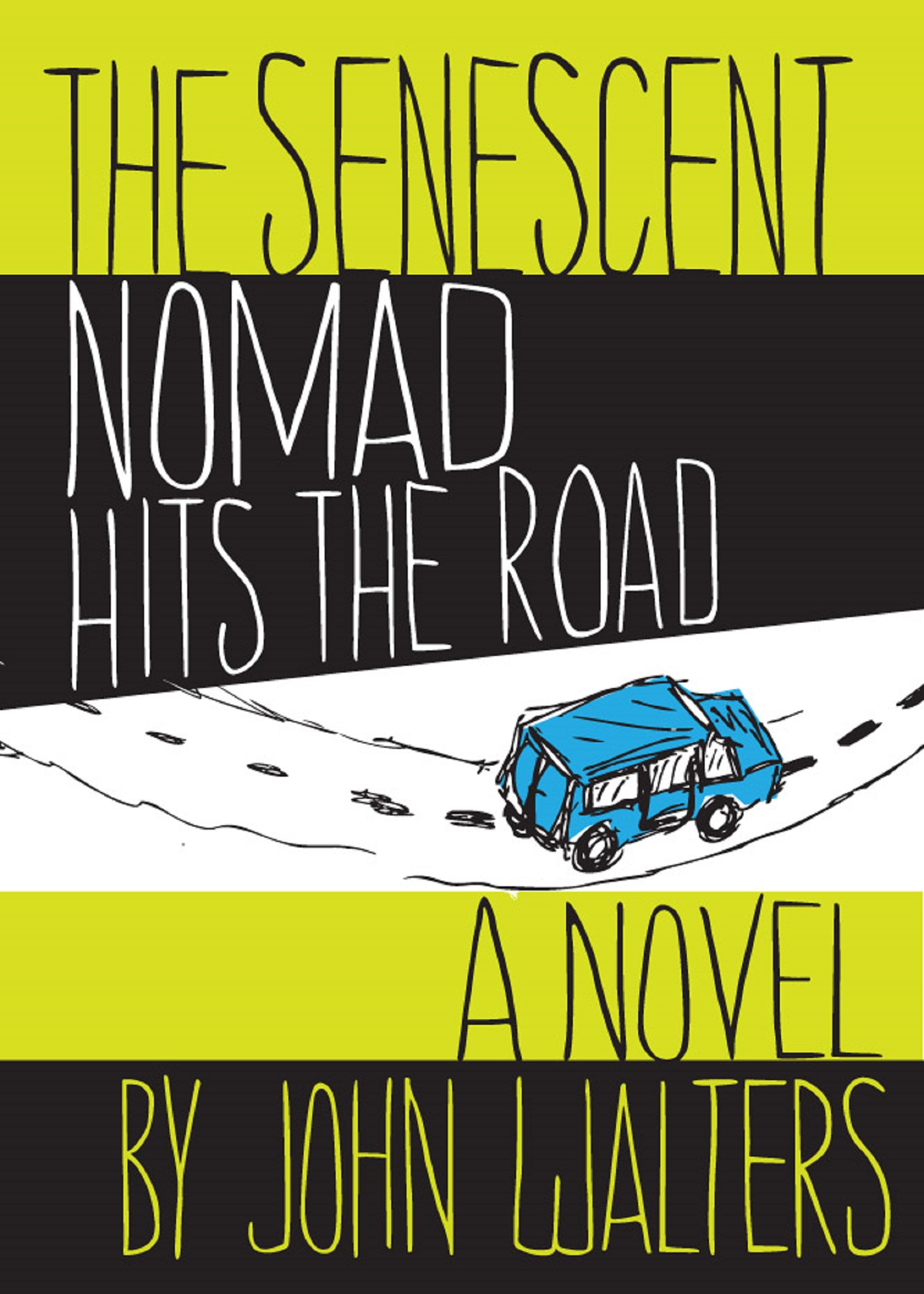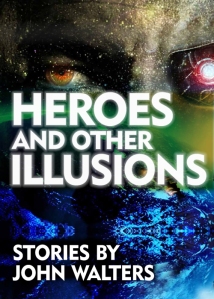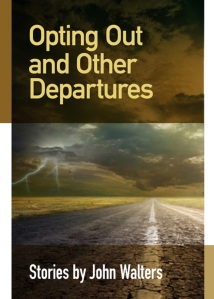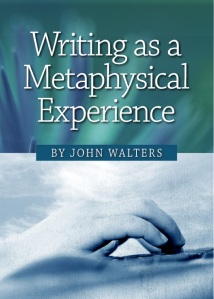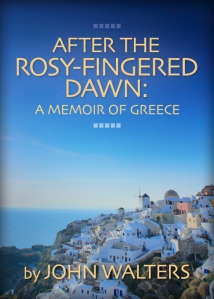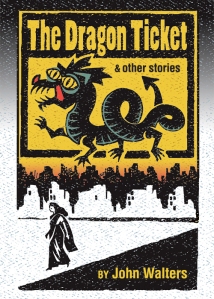Long ago, even before we had the beach house which is also long gone, our family spent our summer vacations for a few years at Lake Crescent on the Olympic Peninsula. It’s a beautiful place surrounded by evergreen forest at the foot of the Olympic Mountains. I think it was just our parents and my sister and I; the other seven siblings hadn’t arrived yet. We would stay at Lake Crescent Lodge, and I remember having our meals there in the spacious dining room at wooden tables with elegant place settings. Nearby were trails on which my father would lead us on hikes through the forest, past towering trees and clumps of ferns and rushing streams and waterfalls. The lake water was far too cold to swim in even on the hottest days, so my sister and I would put on our swim suits and play on the shore. During the course of our activities, we conceived of the idea of using the lakeshore rocks to build a walkway across the lake, from one side to the other. Never mind that it was about a half mile across and over a thousand feet deep; we got right to work. The shore was composed of round and oblong rocks of various sizes, so we had no shortage of material. We worked for hours, day after day. We dubbed our effort Walters Walk. The next year, when we came back, we searched for the remnant of our construction efforts, and when we supposed we had found it we got right back to work. It never occurred to us that we would never finish. It didn’t, in fact, matter. I pictured at least that we would get it out far enough to be some sort of pier from which people could fish. Alas, we did not continue to holiday at Lake Crescent Lodge for long; we soon moved on to other vacation locales. And Walters Walk never was more than a scarcely visible pile of rocks at the water’s edge.
Why do I write of this now? Honestly, I haven’t thought of Walters Walk for many decades. But as I was pondering the uncertainties and vagaries of independent publishing, or self-publishing, or being an author/publisher, or whatever you want to call it, the other day, the picture of Walters Walk came back to me.
The publishing world is changing. Traditional publishers are pinching the pennies, and where they take it out first is not from the rent on their grandiose, extravagant, pointlessly enormous office digs, or from the salaries of the bloated ranks of their office staff, or from absurd, archaic practices like the returns system. No, the ones they bleed first are the writers, the creative core of the operation. Advances are down, contracts are being rewritten to screw the writers out of e-rights and any other rights publishers can finagle out of them. In response, many writers, both established and new, have decided to bypass the decrepit, decaying, dysfunctional traditional publishing system and publish their work on their own. Those who have not followed publishing news would be amazed how widespread the phenomenon is, how many writers have either abandoned traditional publishing completely or have gone hybrid, that is, continued to use traditional publishers while at the same time self-publish some of their own material.
For a writer with an established fan base, self-publishing has many advantages. The writer gets full control of the entire publishing package, including cover and front and back copy. Instead of five to ten percent royalties, the writer gets to keep sixty to seventy percent of every sale. The writer, in short, is in much greater control of his or her works and career.
For a new writer, however, self-publishing is no guarantee of any kind of success. You’re competing with hundreds of thousands of other writers who are all trying to do the same thing. Your work gets lost in the enormous volume of books out there.
In short, publishing book after book on a platform like Amazon is like trying to build Walters Walk across Lake Crescent. It’s a seemingly hopeless task.
And that’s not to say your work is bad. It might be brilliant. I am convinced that among the self-published books out in the vast lake of self-published prose are brilliant masterpieces that the traditional publishers wouldn’t touch because they were too different, too daring, and didn’t fit into some sort of neat advertising niche. Sure, there’s a lot of crap out there too, but traditional publishers also put out mostly crap. Sturgeon’s Law, which says that ninety percent of everything is crap, is no more true than in publishing of whatever type.
Does this mean, because I compare self-publishing to Walters Walk, that you fledgling writers should give up in despair? Maybe. It depends on you. If you can give up, you should. If there are other things you can do that will make you happier, you should do them.
The road of a writer is a tough road, a lonely road. And a true writer feels compelled to walk that road. It doesn’t matter what happens along the way. I would love to find places of lodging, family and friends, comfort and conveniences, beautiful sights and sounds. But I don’t walk the road for those things. I walk it because I must. I walk it because it is my calling, my talent, my destiny. In short, I continue to build Walters Walk because it is something I must do, no matter if no one joins me and I labor on while the world crumbles. Consider this story told by Henry David Thoreau in the last chapter of “Walden”:
“There was an artist in the city of Kouroo who was disposed to strive after perfection. One day it came into his mind to make a staff. Having considered that in an imperfect work time is an ingredient, but into a perfect work time does not enter, he said to himself, It shall be perfect in all respects, though I should do nothing else in my life. He proceeded instantly to the forest for wood, being resolved that it should not be made of unsuitable material; and as he searched for and rejected stick after stick, his friends gradually deserted him, for they grew old in their works and died, but he grew not older by a moment. His singleness of purpose and resolution, and his elevated piety, endowed him, without his knowledge, with perennial youth. As he made no compromise with Time, Time kept out of his way, and only sighed at a distance because he could not overcome him. Before he had found a stick in all respects suitable the city of Kouroo was a hoary ruin, and he sat on one of its mounds to peel the stick. Before he had given it the proper shape the dynasty of the Candahars was at an end, and with the point of the stick he wrote the name of the last of that race in the sand, and then resumed his work. By the time he had smoothed and polished the staff Kalpa was no longer the pole star; and ere he had put on the ferule and the head adorned with precious stones, Brahma had awoke and slumbered many times. But why do I stay to mention these things? When the finishing stroke was put to his work, it suddenly expanded before the eyes of the astonished artist into the fairest of all the creations of Brahma. He had made a new system in making a staff, a world with full and fair proportions; in which, though the old cities and dynasties had passed away, fairer and more glorious ones had taken their places. And now he saw by the heap of shavings still fresh at his feet, that, for him and his work, the former lapse of time had been an illusion, and that no more time had elapsed than is required for a single scintillation from the brain of Brahma to fall on and inflame the tinder of a mortal mind. The material was pure, and his art was pure; how could the result be other than wonderful?”
That’s what it is like to be a writer. And as a postscript, Thoreau also self-published much of his work, lived in poverty, and died largely unrecognized.
I’m a professional writer; I make my living by my words. I’m happy to share these essays with you, but at the same time, financial support makes the words possible. If you’d like to become a patron of the arts and support my work, buy a few of my available books or available stories. Thanks!


